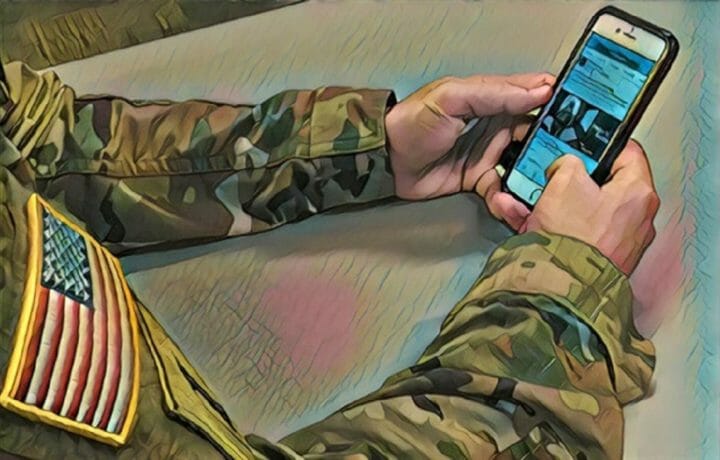The Military Spouse Career Advancement Account (MyCAA) Scholarship program was established in 2009 as a way for military spouses (other than those who were married to service members serving in the Coast Guard) to train in select fields that would allow them to create a career and continue working in their chosen career regardless of restationing – termed portable careers.
In the beginning, all spouses were covered up to $6,000 in tuition with no limits on field of study or level of degree. But the program quickly spiraled out of control financially with 130,000 spouses signing up for the program the first year – a number that quickly outpaced funding to the point where the program was forced to close in 2010.
2011 Program Change
In 2011, with new funding in hand, the program was restarted…but with some caps and limits on use. Now under the program, only spouses whose serving member were in the grades of E-1 to E-5, W-1 and W-2 or O-1 and O-2 could apply for the scholarship. The amount of tuition amount covered was also now less and limited to a maximum of $4,000. Another change was funding could only be used to train in 13 specific fields and 170 careers in those fields and the training must lead to the awarding of professional licenses, certificates or associate’s degrees. But, between 2011 and 2017, use of the MyCAA program steadily declined under the new restrictions to the point where only 18,353 spouses were enrolled in the program by 2018.
2020 Program Change
In 2020, Congress tried to give the program a boost by ordering that the spouses of Coast Guard members (at the same ranks covered by the program) be added and that the career field limits be removed in an effort to increase the use of the program. The other change implemented were that spouses enrolled in the program would not be excluded out of the program if their serving member was promoted out of the ranks covered under the program … as long as the spouse had an approved education plan in place. These changes were approved as part of the 2020 National Defense Authorization Act.
2023 Program Change
On March 23, the program was further expanded to now include spouses of E-6 and O-3 serving members in all the military branches, however, it will be limited to the first 1,250 at the new ranks that apply and meet the eligibility requirements. This change was precipitated as part of a new military family support initiative but limited in enrollment to keep it within the funding limits.
What Is Covered with the Scholarship
The funding from a MyCAA scholarship is applied toward tuition costs associated with earning a license, certificate, certification, or associate degree to gain employment in high demand, high growth career fields and occupations. The education facility used can be an accredited college, university, or technical school that is approved by the program to accept MyCAA scholarships. It can also cover testing that improves employment or portable career opportunities for military spouses.
Increased Retention
While the program was originally intended to increase the employability of military spouses and for them to keep their employment regardless of restationing moves, one unexpected benefit from the program was an increase in service member retention. Overall, the retention of serving members whose spouses were in the MyCAA program was six to eight points higher than for members whose spouses were not in MyCAA.
The MyCAA Scholarship program is a great way for eligible military spouses to train in a career that is not only rewarding, but also one that brings in an additional paycheck in these times of increased inflation, thus increasing the quality of life for that military family. For more information on the MyCAA Scholarship program, go to their website.



